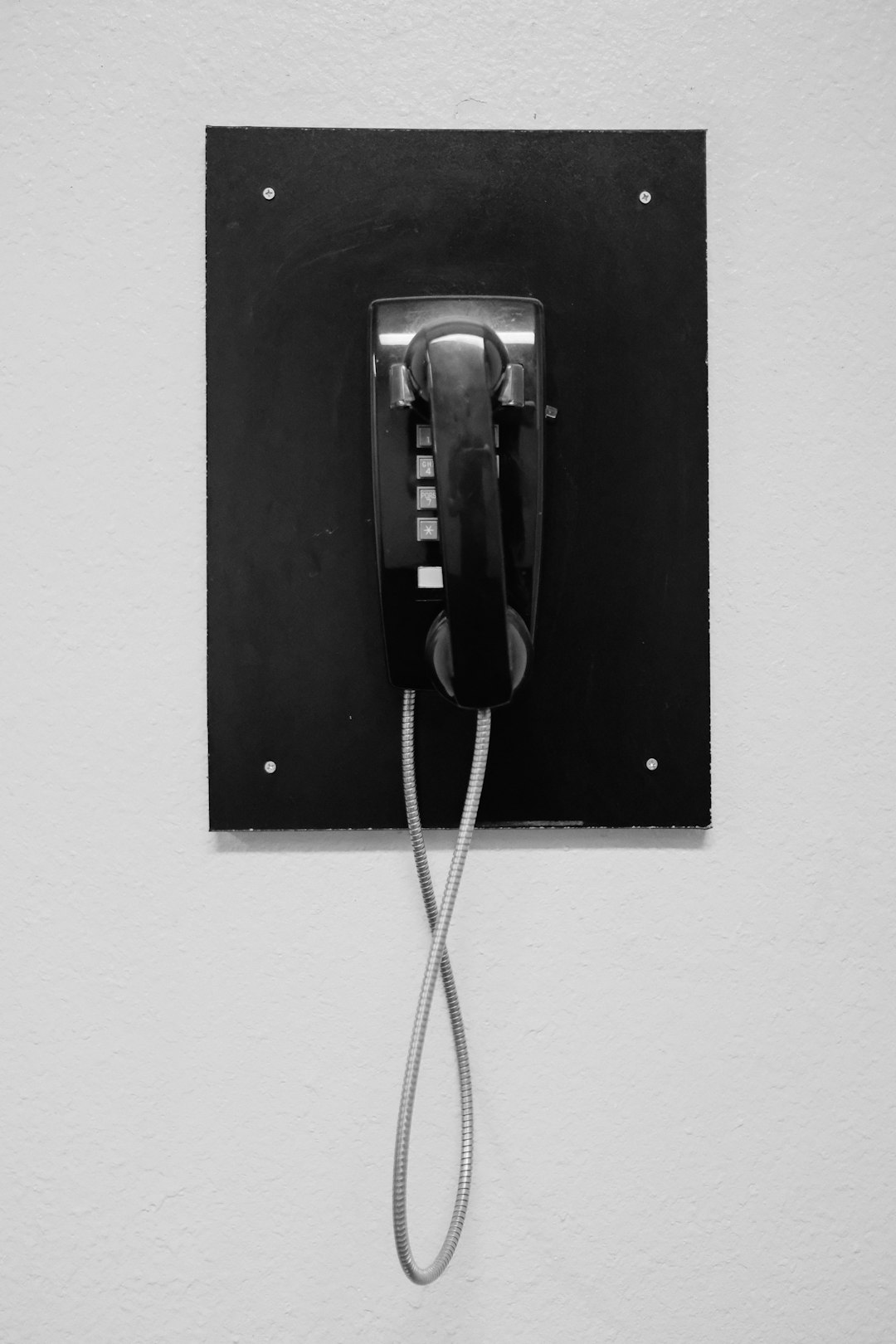Iowa's stringent Spam Call law firm regulations protect residents from aggressive debt collection practices, including automated or prerecorded calls without consent. These laws cap call frequency at twice within 72 hours unless initiated by the debtor and prohibit false representations, repeated unwanted contacts, and inconvenient times. Violations incur legal repercussions, fostering ethical collection methods and empowering consumers to verify debt validity and challenge inaccurate claims. The Iowa Attorney General's Office actively enforces these protections, ensuring fair treatment for Iowans dealing with debt issues through its robust Spam Call law firm regulations.
“In the state of Iowa, residents are protected from unfair debt collection practices thanks to stringent laws designed to safeguard consumer rights. This article explores Iowa’s robust spam call laws and how they prevent debt collectors from engaging in unethical tactics. We’ll delve into what constitutes unfair debt collection, empower consumers with knowledge on fighting back, and examine the enforcement mechanisms that hold debt collectors accountable. For a comprehensive guide, seek assistance from a Spam Call law firm Iowa specialists who can navigate these protections.”
Understanding Iowa's Spam Call Laws: Protecting Residents from Unwanted Debt Collection

Iowa has established clear laws to protect its residents from unfair and aggressive debt collection practices, with a particular focus on preventing spam calls. The Spam Call law in Iowa is designed to safeguard citizens from unwanted telephone solicitations, especially those related to debt collection. This legislation limits the methods debt collectors can use to contact individuals, ensuring that residents’ peace of mind and privacy are respected.
Under this law, debt collection agencies and law firms must adhere to strict guidelines when contacting Iowans. They are prohibited from making phone calls with automated or prerecorded messages without prior express consent. Additionally, they cannot call a resident more than twice within 72 hours, unless the debtor initiates the communication. These measures aim to curb excessive and harassing debt collection practices, providing Iowans with recourse against spam call law firms that violate these rules.
What Constitutes Unfair Debt Collection Practices in Iowa?

In Iowa, unfair debt collection practices are regulated by state laws designed to protect consumers from harassment and abusive tactics. According to Iowa’s Spam Call law firm regulations, debt collectors cannot employ aggressive or false representations when attempting to retrieve debts. This includes making misleading statements about the amount owed, using threatening language, or engaging in repeated unwanted contacts, such as spam calls or texts. Additionally, they are prohibited from contacting individuals at inconvenient times or places, like before 8 a.m. or after 9 p.m., unless the debtor has agreed to such contact.
Debt collectors in Iowa must also provide clear and accurate information about the debt, including the name of the original creditor and the amount owed. They are required to notify consumers of their rights under state law and listen to any valid concerns or disputes a debtor may have. By adhering to these guidelines, debt collection agencies ensure fair practices, while violations can lead to legal repercussions for the offending firms.
Rights of Iowa Consumers: How to Fight Back Against Unethical Collection Methods

Iowa consumers have a range of rights when it comes to defending against unfair debt collection practices. One of the key protections is the state’s stringent Spam Call law, which restricts unsolicited phone calls from debt collectors and provides penalties for violators. This law gives residents the power to stop unwanted calls and seek legal action if needed.
Additionally, Iowa law allows consumers to verify the validity of a debt and challenge it if they believe it’s inaccurate. They can request validation from the collector, who must provide proof of the debt. This process empowers individuals to fight back against unethical collection methods and ensures they are not subjected to misleading or false claims.
Enforcement and Penalties: Holding Debt Collectors Accountable in the Hawkeye State

In Iowa, debt collectors are held accountable for their actions through strict regulations and penalties. The state has a robust consumer protection law, known as the Spam Call law, which prohibits abusive or deceptive practices by debt collectors. This includes excessive or nuisance calls, false or misleading statements, and unfair collection methods. Violations of these laws can result in significant fines and legal repercussions for debt collectors.
Iowa’s Attorney General’s Office plays a crucial role in enforcing these protections. They investigate complaints from residents who believe they have been treated unfairly by debt collectors. If found guilty, debt collection agencies or individuals can face substantial monetary penalties and other sanctions, such as ceasing their debt collection activities in the state. This ensures that consumers are protected from aggressive or unethical practices, providing them with peace of mind and fair treatment when dealing with debt collection issues.






